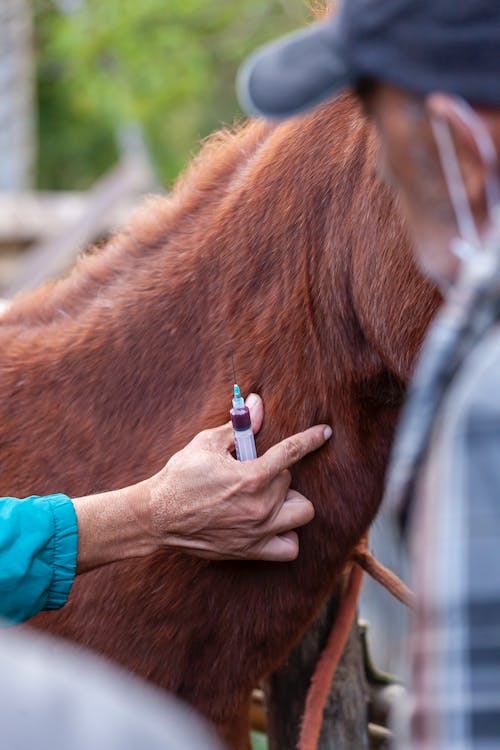Your loving friend from the pasture is not himself these days. You have noticed the horse has become lazy and is eating less. After close observation, you discovered he might be experiencing one of the following emergencies that may require medical assistance.
Colic
Colic is a common problem among our reliable horse friends. You will know when your horse is experiencing colic after discovering he has abdominal discomfort. The pain can also travel to the liver, kidney, and reproductive tract. The horse will continue to lie down, rollover, and thrash uncomfortably. They will also look at their abdomen a lot which is the first clue.
The decision to call the horse veterinarian is dependent on the owner. The doctor is always a good idea to ask for guidance, even if the colic issue is only minor. The vet will suggest withholding the horse’s next feed and walking them.
Wounds
Wounds are also prevalent with horses. No doubt, severely wounded horses will require immediate veterinarian services. Wounds appear very obvious, and as the owner, it is the responsibility to assess the causes of the wound. The horse may experience skin disturbances and penetration of deeper tissues. Puncture wounds are very common, so a complete evaluation of the surroundings and the stable is advised.
Minor wounds do not require emergency visits. However, suppose the wound is taking longer to heal, or the bleeding has not stopped. In that case, the veterinarian services may be called upon. We advise monitoring the wound regularly, so it does not spread deeper into joints or tissues.
Fever
Horses experience fever just like humans. However, their fevers are categorized differently. Horse’s fevers are extremely infectious that originate from non-infectious diseases. If the horse’s temperature is outside its normal range (98.6°F to 101.5°F), it is a fever.
The horse will feel very sluggish and unenergetic while experiencing a fever. The horse will not eat as much either. The respiratory rate is likely to increase to make up for the surged internal consumption of energy. You can call the doctor anytime during the fever to evaluate the next medication step for a speedy recovery.
Eyes
If you see your horse is crying, he may be suffering from eye problems. The horse is also likely to squint more with evident discoloration of the eyes. There might also be swelling and the inability to recognize objects in the eye-scape.
You must immediately call the veterinarian since eye problems are not joking matters! Some eye problems can be indicative of more serious concerns and might require immediate medical attention. The medical specialist may propose moving the horse to an area with less light not to aggravate the eyes.
What Do I Do?
We suggest refraining from moving the horse from the stable until the doctor arrives. Strictly do as directed not to worsen the diseases, infection, or fever. Keep the horse warm and administer medications as the doctor proposed. The doctor may also suggest a change in the diet, so act accordingly.
